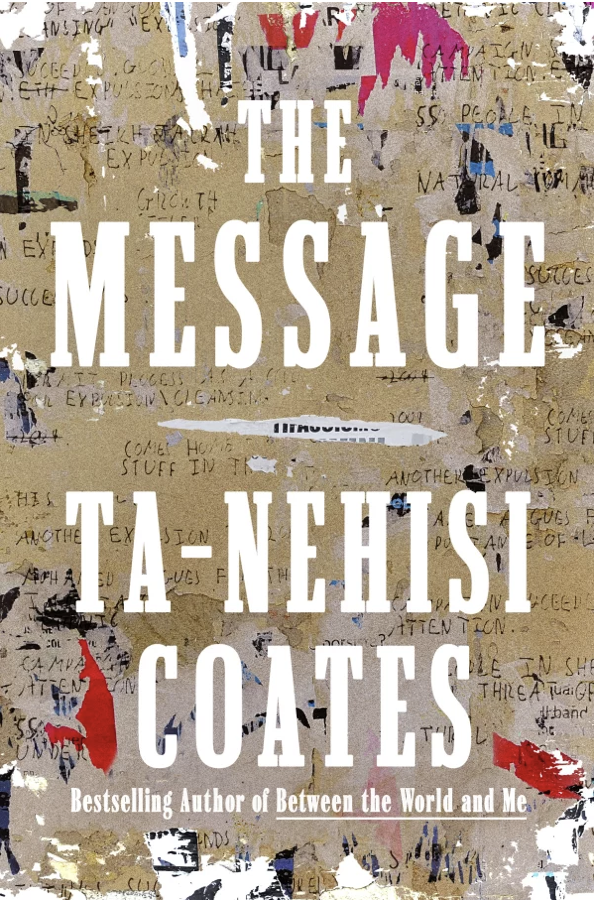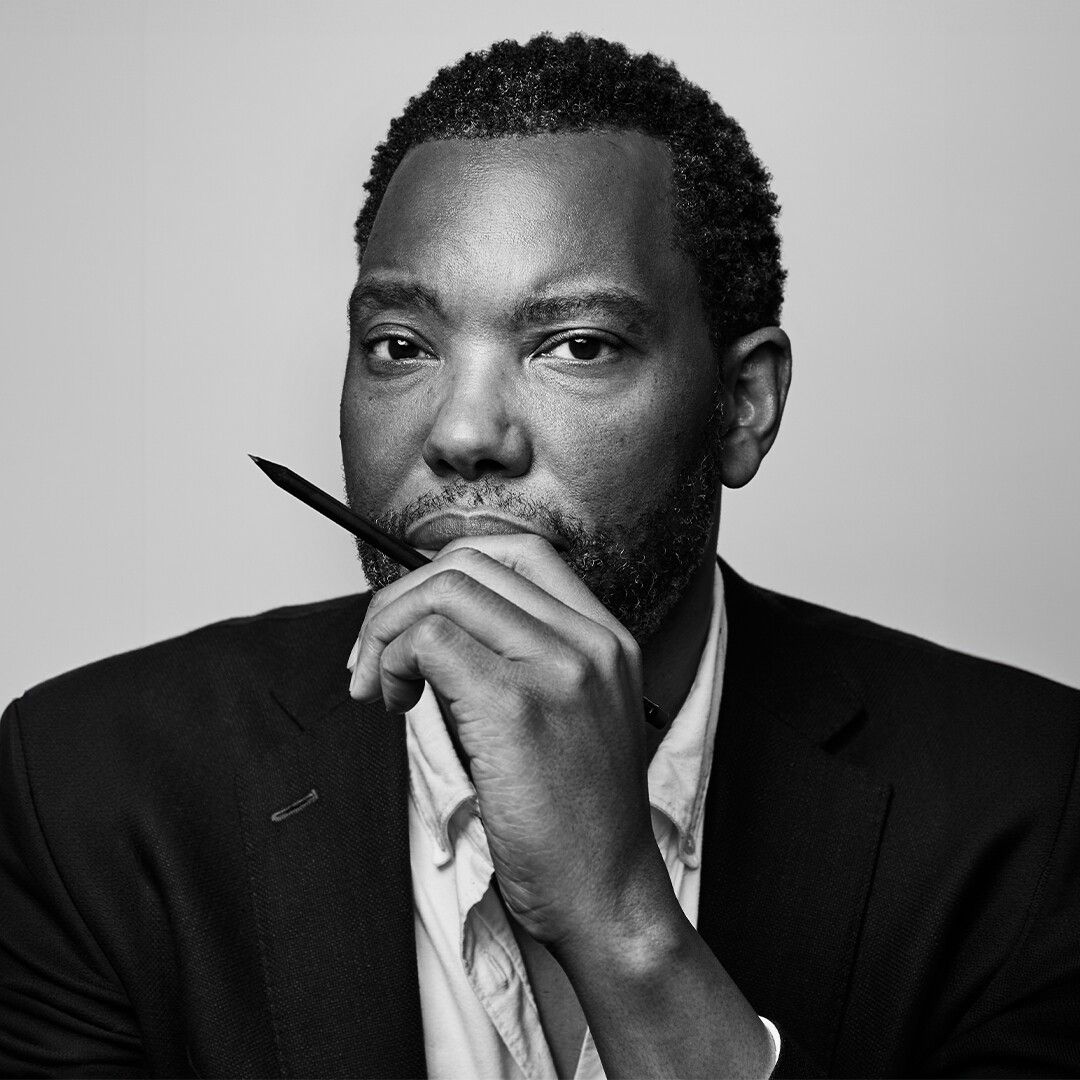Coates details the colonial roots of the education system, a system intent on ensuring compliance through a kind of “fetishization” of order, organization and attentiveness to direction. This system disrupted Coates’ sense of himself as a learner and his ability to do well in school. Against the backdrop of his brilliant writing career, the failure of the colonial model of education that is typical in the United States seems especially poignant. For CRSLs, this essay offers valuable insights into challenging colonial models of education and fostering learning environments that honor creativity and cultural identity. We can contemplate the Coates-like students we have under our roofs during the school day who can’t bear to be trapped at a desk and whose robust imaginations long to learn in a rich way. Likewise, we can reflect on the colonial legacies of “how school should be done,” and how we might be perpetuating them, regardless of our individual cultural and racial identities.
The second essay also explores the attempt of constituents within a southern school district to ban Coates’ book, Between the World and Me, underscoring the political tensions that arise when we bring discussions of cultural identity, race and racism into the classroom. Now, more than ever, many CRSLs have and will continue to face profound challenges in their efforts to lead in a culturally responsive way and to provide culturally sustaining pedagogies. Through Coates’ encounter with the effort of one small school community to revoke the banning of his book, we get a glimpse into the passion and courage required to fight back against oppressive forces in our public education system.
The third essay delves into Coates’ journey through Palestine, exploring the two-tier societal system enforced under Israeli law. Coates parallels the apartheid-like conditions in Palestine with Jim Crow laws in the U.S. and apartheid in South Africa. As Coates travels through Palestine for ten days, he spends equal amounts of time on both sides of the Green Line. He visits sites that illuminate the state of second-class citizenship allotted to the Palestinian people and notes evidence of the caste system that prevents Palestinians from attaining full citizenship and basic rights. Under the two-tier society system, enshrined in Israeli law, Palestinians are denied the right to free assembly, access to civil law, and permits to own a cistern to collect rainwater. He observes:
“For as sure as my ancestors were born into a country where none of them was the equal of any white man, Israel was revealing itself to be a country where no Palestinian is ever the equal of any Jewish person anywhere” (p. 126).
This section models the critical skill of historicization, essential for CRSLs seeking to challenge oppressive systems and lead with an anti-oppressive framework.
It seems a little odd that this section of the book, written by a man who is famous for dissecting the dehumanizing experiences of Black people in the United States, would spark controversy. Many
Jewish and
Palestinian scholars and activists have written extensively and for years about the same issues that Coates highlights, drawing similar comparisons to a range of oppressive systems. As a Black American, Coates presents his own perspective on the political and historical symmetries that tie the two-tier system in Palestine to those of Black South Africans under apartheid and African Americans under Jim Crow in the United States. Historicization is a crucial skill in CRSL: learning to visibilize the historical continuities that sustain states of oppression and to construct “histories of the present” that help us challenge taken-for-granted assumptions is the foundation of anti-oppressive leadership. Coates beautifully models this process in his third and final essay.
There are many lessons to glean from The Message for both aspiring and established CRSLs. From the complexities of racial identity presented in the first essay, to the controversies surrounding the right to teach and learn about racism in public schools, and finally, to the analysis of the oppressive regime in Palestine, Coates’ book is timely and highly relevant to CRSL.


